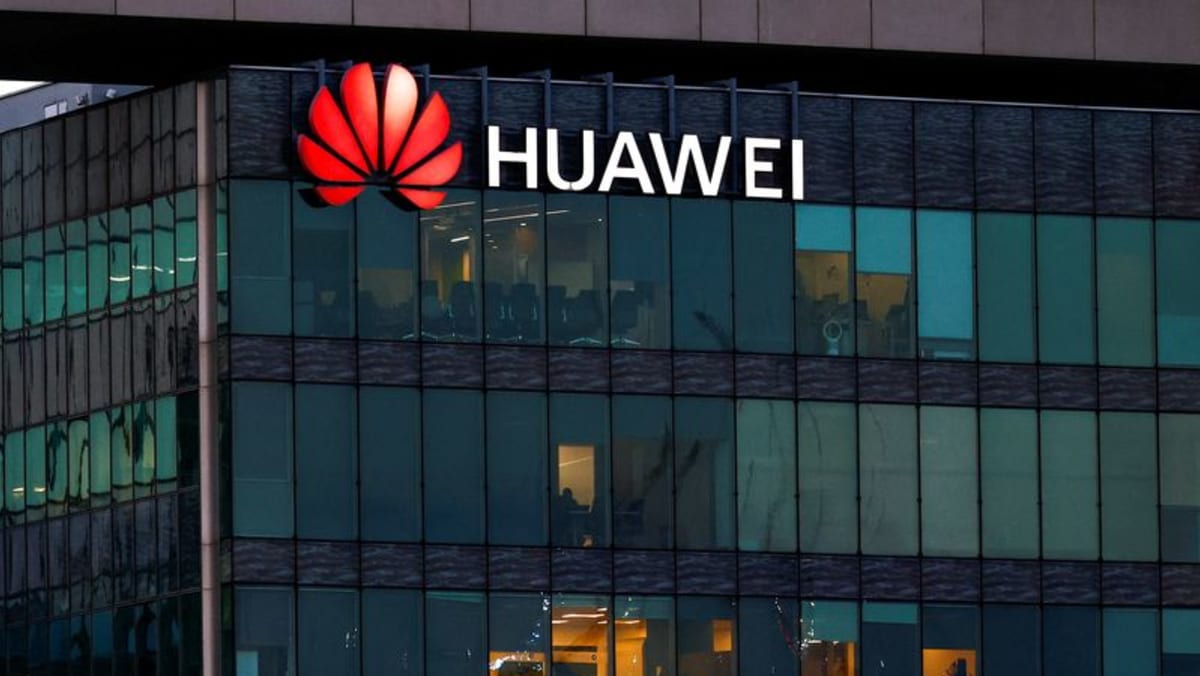BEIJING: Huawei Technologies’ chips are one generation behind those of its US peers but the firm is finding ways to improve performance through methods such as cluster computing, Chinese state media quoted CEO Ren Zhengfei as saying on Tuesday (Jun 10).
The chipmaker invests 180 billion yuan (US$25.07 billion) in research annually and sees promise in compound chips – chips made from multiple elements – Ren said in an interview with the People’s Daily newspaper of the governing Communist Party.
There is “no need to worry about the chip problem”, Ren said, addressing concerns stemming from US export controls.
The article, published on the front page of the newspaper, come as top US and Chinese officials are set to resume trade talks for a second day in London where topics such US tech restrictions on China are expected to be discussed.
Since 2019, a slew of US export curbs, aimed at curbing China’s technological and military advancements, have restricted Huawei and other Chinese firms from accessing high-end chips and the equipment needed to produce them from abroad.
Ren’s comments are the first ever from him or Huawei about the company’s advanced chipmaking efforts, which have become a flashpoint in US-China tensions.
Huawei is just one of many Chinese chipmakers, Ren said in the interview, adding: “The United States has exaggerated Huawei’s achievements. Huawei is not that great. We have to work hard to reach their evaluation.”
“Our single chip is still behind the US by a generation. We use mathematics to supplement physics, non-Moore’s law to supplement Moore’s law and cluster computing to supplement single chips and the results can also achieve practical conditions. Software is not a bottleneck for us,” he said.
Cluster computing is when multiple computers work together. Moore’s law refers to the speed of chip advancement.
